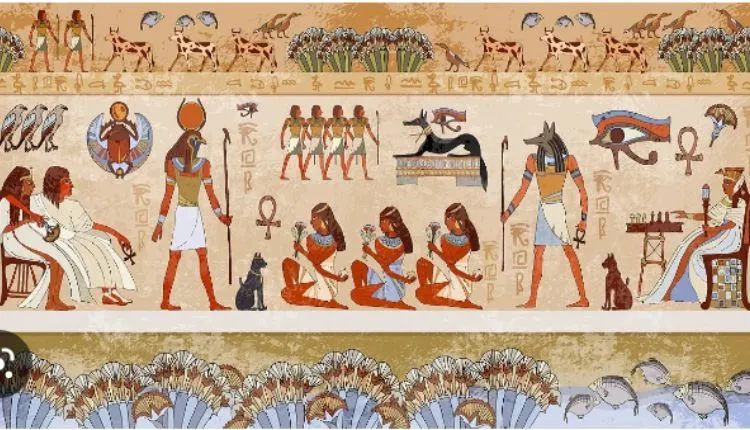The Pharaoh Family in Ancient Egypt
Egypt’s pharaohs were divine rulers, entrusted with maat (the god-given order) and the maintenance of Egyptian prosperity.
Their role was to direct Egypt’s resources, care for the people, and dispense justice. In this way, a pharaoh was able to maintain his kingdom’s stability and growth.
Crown Prince
A crown prince is the heir apparent to the throne of the country or empire. The title is typically and preferably held by the eldest King’s Son. The female version is the Hereditary Princess.
The Saudi crown prince was in Cairo on Monday to kick off a two-week regional tour. The visit ties into preparations for US President Joe Biden’s planned visit to the Middle East next month.
The royals were out in force for a reception at Al-Ittihadiya Palace. Among those in attendance were Egypt’s prime minister and a host of government officials. The most impressive part of the night was a giant LED screen that displayed some of the best of Egypt’s cultural and sporting achievements. The Crown Prince was also on the cutting edge of technology and was one of the first in the world to adopt the latest biometric ID system for his staff.
Wife
Egyptian pharaohs married female aristocrats in order to strengthen their bloodline. It also demonstrated their wealth and provided them with an heir who would one day be able to rule Egypt.
Eventually, a pharaoh would marry a wife who would become the Great Wife, his chief consort. She would try to earn the title King’s Mother by giving birth to a son who would eventually become pharaoh.
Queen Nefertiti became the wife of the Crown Prince of Egypt, Ramses II, during the reign of his father Sety I. She was a very powerful woman who ruled for over 20 years and was responsible for more public works projects than any other pharaoh.
She was a very popular woman and was known for her strength, power and beauty. When she died, she was buried with a very large tiara called the Khedive of Egypt Tiara.
Children
Egyptians viewed children as a gift, so they loved and took good care of them. They often bought amulets to help them protect themselves and bring luck to their families.
They also educated their children, especially the young ones who were not as strong as others. The children were taught to read, write, do math and science and they had to work at certain crafts to learn their trades.
According to Ahmed Amer, an archaeologist at Cairo University, the ancient Egyptians had a social law that ensured that children were protected and that they enjoyed full rights in society. They were given the opportunity to play games and enjoy themselves.
Some of the most important children in Egypt were Pharaoh’s daughters and their sons. These included Bintanath, Baketmut, Nefertari, Meritamen, Nebettawy, Isetnofret and Henuttawy.
Power
The 파라오계열 in Ancient Egypt was one of the most powerful in history. They were rulers of the land, but they were also religious leaders.
Their power and position were important in maintaining the order of the gods and keeping peace within the society. They were also responsible for creating laws and defending the country from enemies.
They were able to rule with absolute power, which was believed to be from the gods. This meant that they could force their people to obey them.
This was also a way to prove that they were gods. This was a very powerful system of government in Egypt, and it helped to make them very rich and powerful.
There was a lot of power behind the pharaohs, but their wives had a lot of power as well. They were able to do things such as help their husbands on wars and run the farm when they were away.




